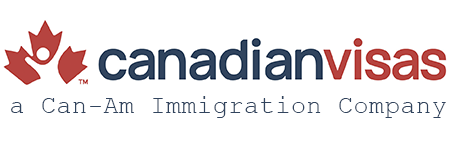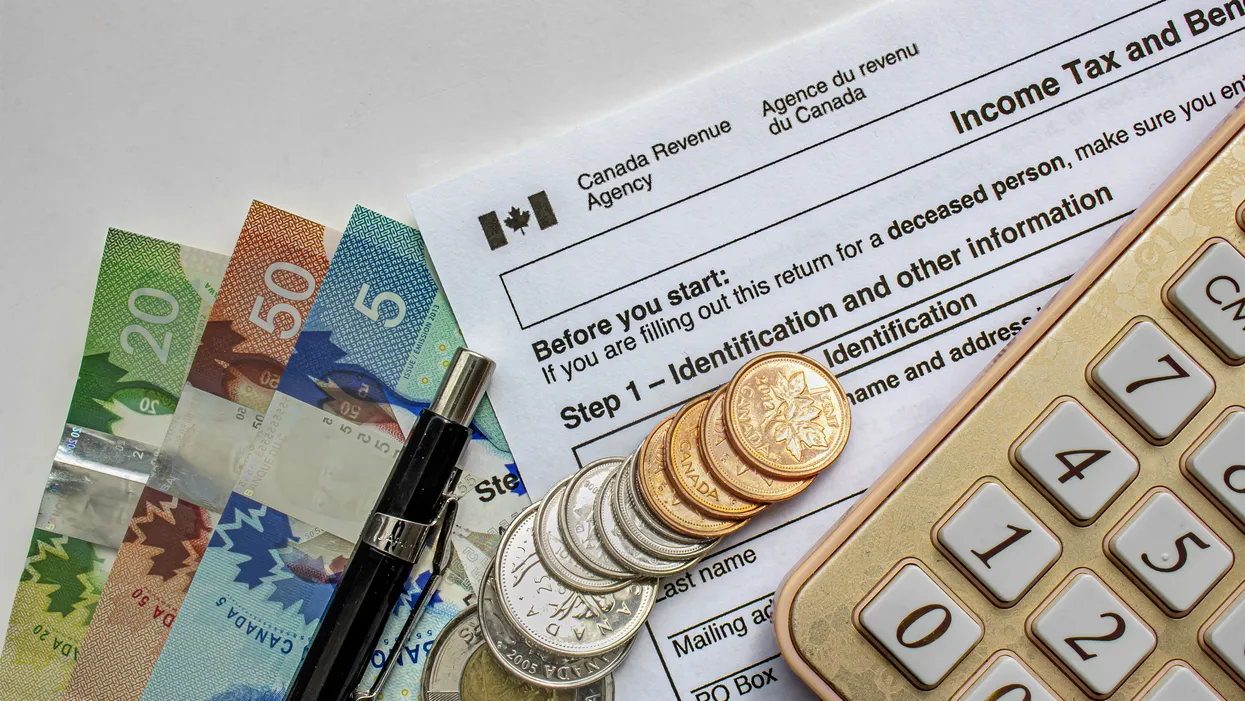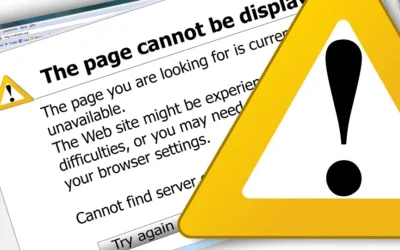Tax Filing for Newcomers to Canada: In Canada, everyone needs to file their taxes with the Canada Revenue Agency (CRA) by April 30th of each year. This includes income earned in the previous year. Your employer provides a T4 slip that details your income and tax info for the year.
There are two types of income tax in Canada: provincial and federal. The rates depend on your income level. Canada uses a marginal tax system, meaning you pay tax based on different brackets for your income. There are online calculators to help figure this out, but most salaried workers have taxes deducted automatically from their paychecks.
Who Should File a Tax Return?
Generally, you need to file a tax return in Canada if you are a resident of Canada for tax purposes, or if you meet any of the following criteria:
- Earned income: You earned employment income, self-employment income, or pension income in Canada.
- Investment income: You have investment income from Canada, such as interest, dividends, or capital gains.
- Owed taxes: You owe taxes to the Canadian government, even if you didn’t earn income in Canada.
- Claimed benefits: You want to claim a refund of taxes withheld at source or claim benefits like the GST/HST credit.
Important Note: Even if you don’t meet the above criteria, filing a return might be beneficial to get any refunds you may be entitled to.
Filing Your Tax Return
There are five ways to file your taxes in Canada:
- Certified Tax Software (electronic filing): This is the most popular method. The CRA approves various software programs that allow for electronic filing (NETFILE). It’s usually free, takes about two weeks to process, and can lead to a tax refund if you’ve overpaid.
- Authorize a Representative: You can have someone like an accountant or family member file your taxes for you. This involves authorizing them with the CRA. Costs vary depending on the agreement.
- Community Volunteer Tax Clinic: If your income is modest or your tax situation is simple, you may be able to use a free community tax clinic.
- Discounter/Tax Preparer: These individuals can file your return upfront and give you a discounted refund right away. It’s faster but comes with a fee.
- Paper Tax Return: While less common, you can still file a paper return. It’s free but takes longer to process (around 8 weeks).
How can I know whether I should pay tax or not?
The first step is to determine your residency status for tax purposes. This will determine which forms you need to file and how much tax you owe.
- Resident: You’re considered a resident if you spend 183 days (or more) in a calendar year in Canada, or have strong residential ties (like owning a home or having a spouse/common-law partner in Canada). Residents report their worldwide income on a T1 return.
- Non-resident: If you spend less than 183 days in Canada and lack strong residential ties, you’re a non-resident. You’ll only report income earned in Canada (employment income, pensions, rental income) on a non-resident return.
What do I need when filing my taxes?
Once you have determined your residency status, you will need to gather your documents. These include:
-
Beyond the basics like your name and address, here’s what you might need to have on hand:
- Social Insurance Number (SIN): This unique 9-digit number is required to work and access benefits in Canada. File your return anyway if you don’t have one yet, and explain why in a letter to avoid late filing penalties. Newcomers may need details of their income before arriving in Canada.
- Dependents’ information: Include details for your spouse, children, or elderly parents you support.
Depending on your situation, you might also need some of these documents:
- T4 slips (if you worked in Canada): These are income statements from your employer for the past year.
- Business income and expense records (for self-employed): Show your business income and expenses for the tax year.
- Medical receipts (for claiming medical deductions): Keep receipts for medical expenses you or your dependents incurred if you plan to claim them on your return.
- Foreign asset details (for newcomers): If you’re new to Canada and have foreign assets worth more than $100,000 CAD, you may need to declare them.
- Childcare expense receipts (for claiming childcare benefits): Keep these receipts if you want to claim childcare benefits.
How can I file my taxes in Canada?
There are a few ways to file your return:
- Do it Yourself (DIY): The CRA’s My Account service allows online filing. Tax preparation software is also available. This route can save money, but requires some tax knowledge.
- Hire a Tax Preparer: A good option for complex situations or if you’re uncomfortable filing yourself. Consider Taxback or contacting a local tax professional for assistance.
The deadline to file is April 30th of the following year (e.g., April 30th, 2024 for 2023 taxes).
Remember:
- File on time: Avoid penalties and interest charges by filing by the deadline.
- Claim deductions and credits: You may be eligible for deductions (expenses you can deduct from your income) and credits (tax reductions). Explore the CRA website for details.
- Keep your records: Maintain copies of your tax return and supporting documents for at least six years.
For more information on this topic you can refer to the Canada Revenue Agency’s free guide to taxation for newcomers here





0 Comments